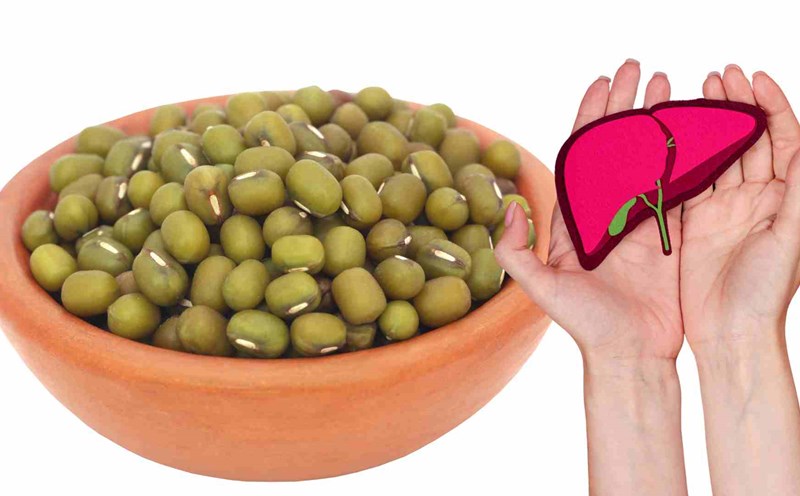Sesame seeds contain lignans, plant compounds with strong antioxidant properties, helping to protect the liver from damage caused by free radicals. In addition, sesame seeds are rich in vitamin E, magnesium and zinc, which support the regeneration of liver cells. A study published in the Journal of Medicinal Food showed that adding sesame oil to the diet helps improve liver enzymes and reduce inflammation in people with fatty liver disease.
Dr. Mark Hyman, Director of the Cleveland Clinic for Functional Medicine (USA), commented: Nuts, including sesame seeds, are a great source of nutrition for the liver. They not only provide healthy fats, but also support the detoxification and inflammation process.
To take advantage of the benefits, experts recommend adding unsalted roasted sesame seeds to your daily meals. Sesame seeds can be sprinkled on salads, porridge, soups or used as an ingredient in baked goods. A tablespoon of sesame seeds per day is enough to bring efficiency without causing excess calories.
In addition, you should combine it with a diet rich in green vegetables, limit alcohol and processed foods to optimize the effect of protecting the liver.
Obviously, with just a familiar ingredient like sesame seeds, you can completely make a positive difference for the health of the liver, an organ that is quiet but extremely important for the body.











